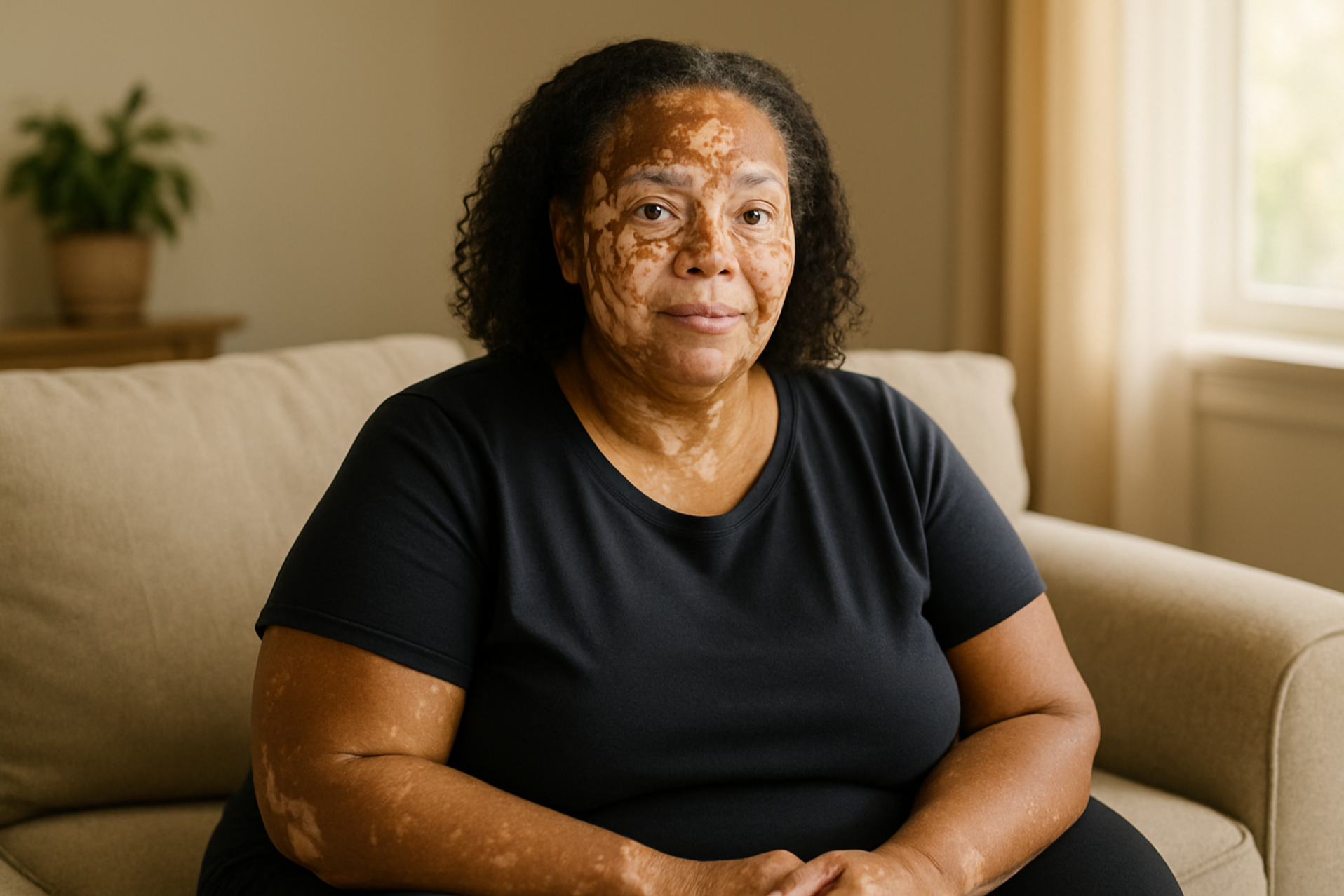Molina Member Story

Molina's Care Coordination Team Helps Reunite Member With Her Husband
A 45-year-old Illinois woman was separated from her husband while on the state’s fee-for-service program. An Adult Protected Services report
flagged Roberta Wilson’s case due to what was reported as neglect of care in the home for her husband’s failure to pay the electricity bill.
Roberta had a history of stroke, seizures, diabetes, hypertension, respiratory failure, and depression, and as such, required electricity for
the use of equipment that helped her to manage these conditions.
After a hospitalization stay, Roberta was placed in a long-term care facility where she remained for four months, despite voicing her desire to want to return home. One of her parents was made her temporary guardian to help facilitate her care.
In January 2021, Roberta was connected with Molina and upon an initial assessment, Molina’s care coordination team discovered the APS report
stemmed from an unmet social determinant of health need. It appeared as if her husband had been neglecting her care by not paying the
electricity bill, however, Molina’s care coordination team uncovered the family was facing financial hardship and having difficulty paying their
bills routinely.
Roberta expressed to Molina’s care coordination team that she wanted to move back home with her husband and reacclimate to the community. The team then developed a transition plan with the long-term care facility, her husband, and her temporary guardian to move her back home.
The care coordination team facilitated:
- Having her waiver services reinstated.
- Implementing a medication plan.
- Ensuring all her utilities were up-to-date and paid routinely.
- Assisting the couple to apply for LIHEAP for assistance with energy costs and payment.
- Outlining an ongoing plan of care.
- Connecting her with home and community-based waiver services.
- Supplying a hoyer lift, hospital bed, wheelchair, bedside commode, blood pressure cuff, pulse oximeter and other medical supplies to help manage her various conditions.
- Setting her up with a primary care physician and a neurologist to ensure completion of follow up appointments.
Roberta was connected with Molina and their care coordination team in January 2021 and was able to return home and reacclimate to the
community in March 2021.
Since then, she’s had only one inpatient stay, which was a result of a wrong dose for one of her medications that was identified and corrected
right away. She’s had no further ER visits or inpatient stays and has been successfully living back at home with her husband. Roberta and
her family are very happy with the services they’re receiving and her level of independence and autonomy back in the community.
Unfortunately, situations where a member is in an LTC facility and desires to move back home are fairly common. Molina’s team says whenever they complete an assessment with members who are in long-term care facilities, they always inquire about their desire of a higher level of independence in a least restrictive environment.
A member like this may have remained in a long-term care facility, the Molina team said, without inquiry into her desires and assessment of her
and her support system. Her guardian may not have been aware of services available to them, such as the home and community-based waiver services, that allowed her to go home with the additional support she needed.
Care coordinators are crucial in helping members and their families navigate what can feel like a very complex system by educating them about available resources and taking the initiative to connect them to agencies that can further assist.
“This is an example of someone getting caught up in the system because of the APS report, because of not knowing that there are resources available to help with the very thing that forced her out of her home, and split her up from her husband,” said Kris Classen, Vice President of Healthcare Services at Molina Healthcare.
“And then she joined Molina and we were able to intervene and help.”










